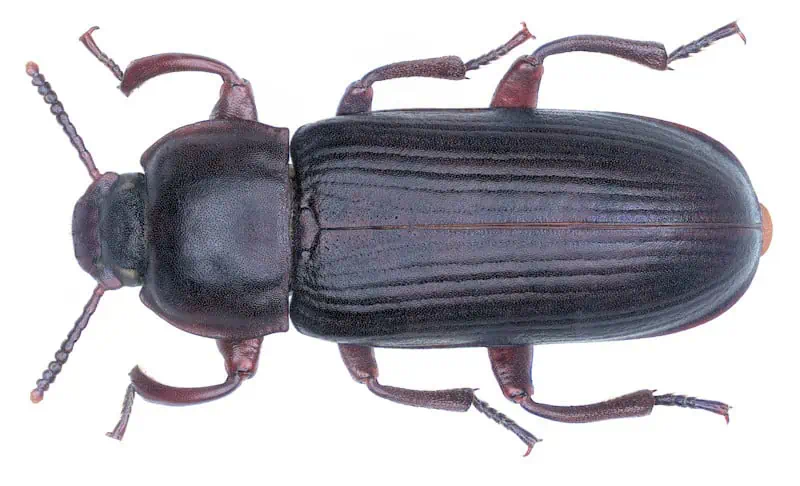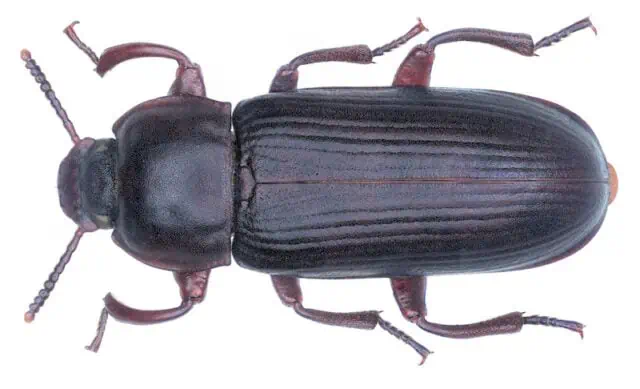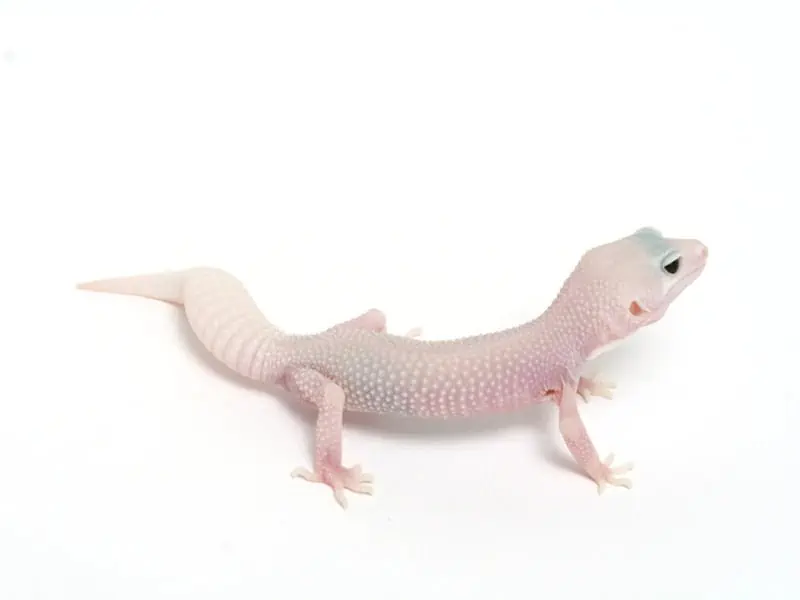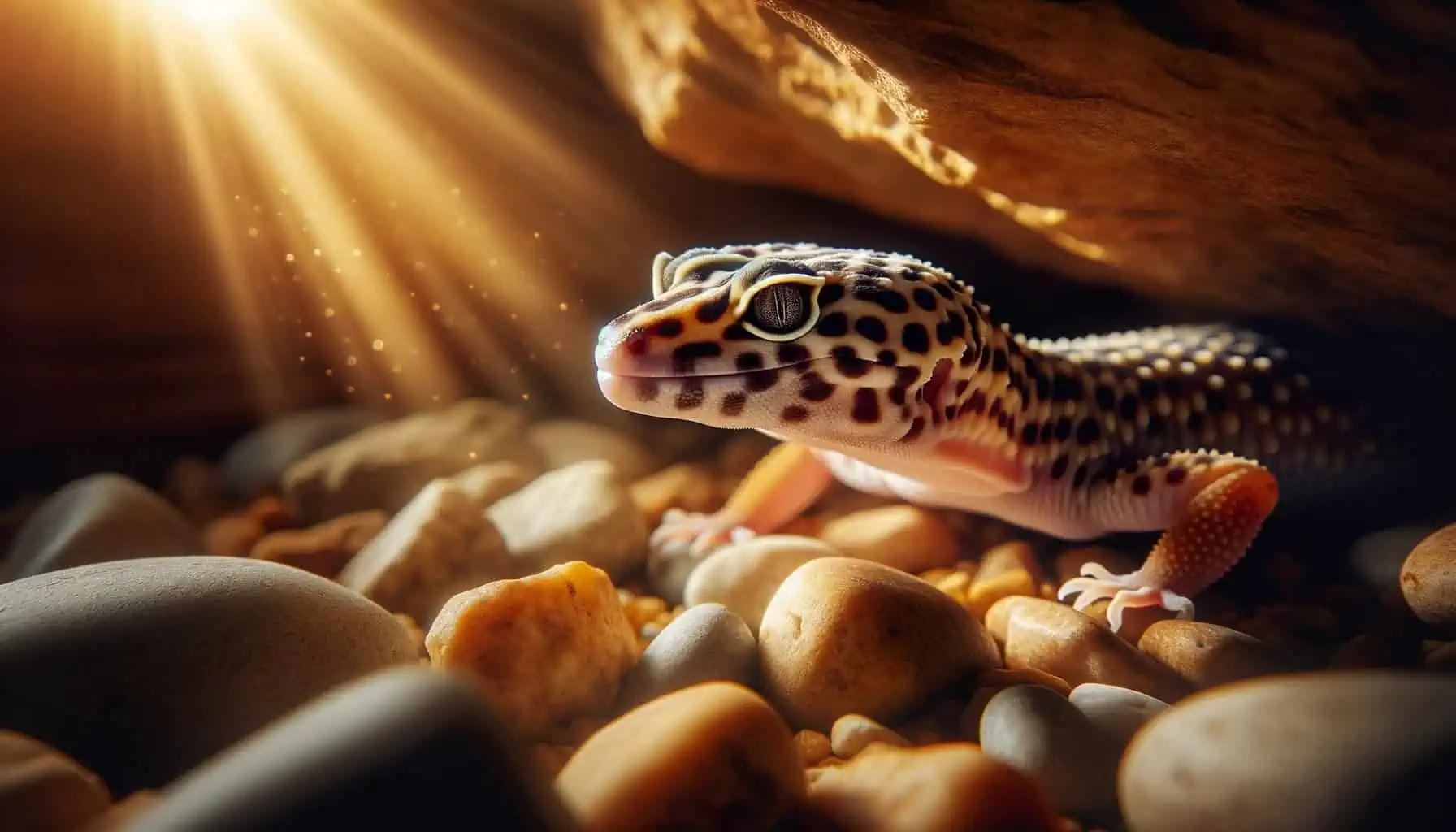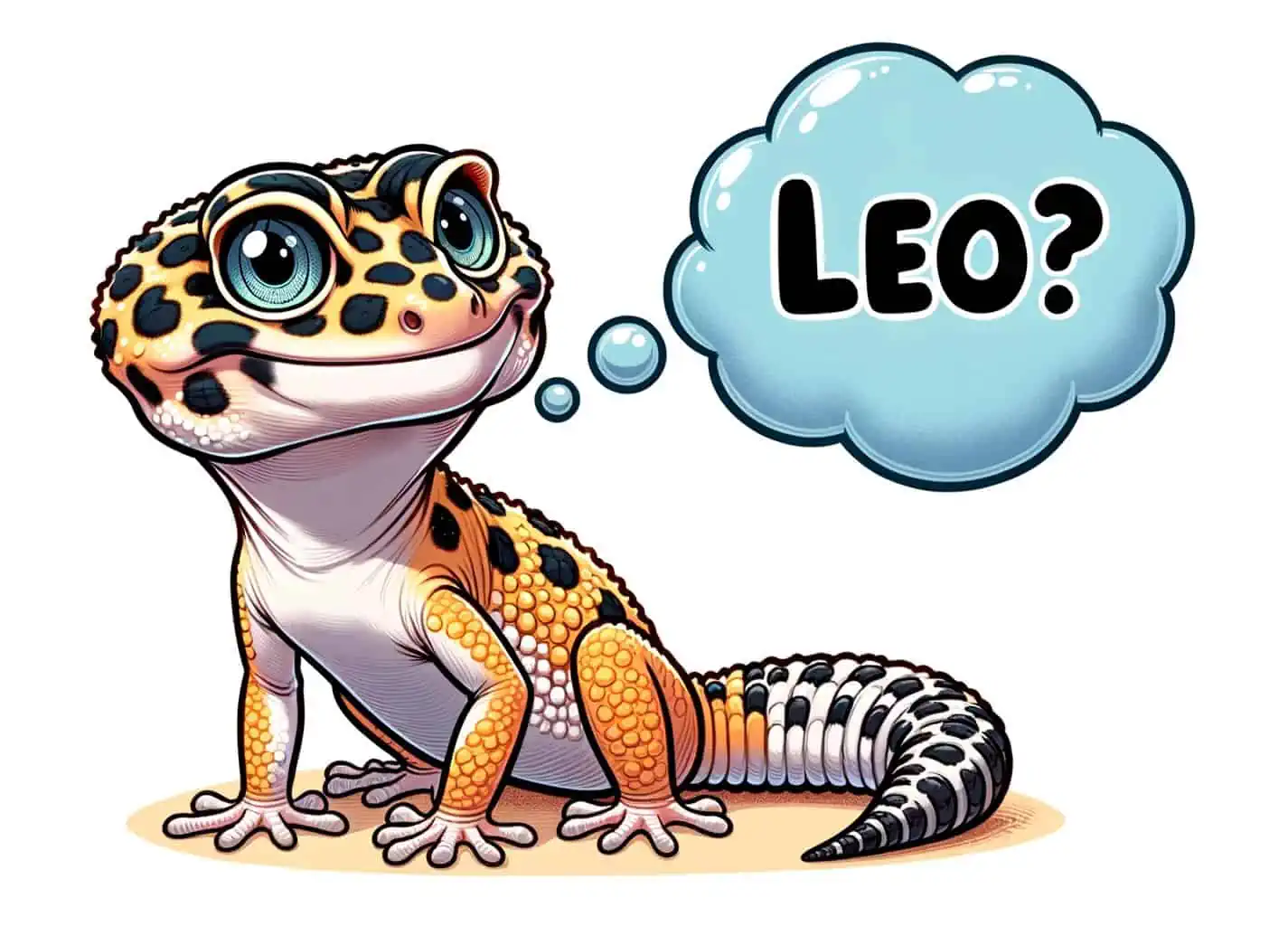Yes, leopard geckos can eat mealworm beetles. However, there are several considerations to keep in mind when offering these beetles as part of their diet.
In this article, we’ll dive deep into the characteristics of mealworm beetles, their nutritional value for leopard geckos, and potential challenges and benefits associated with feeding them to your reptilian pet.
Can Leopard Geckos Eat Mealworm Beetles?
Indeed, leopard geckos can consume mealworm beetles, but it’s not as straightforward as simply tossing them into their habitat. These beetles bring with them a mix of nutritional benefits and potential feeding challenges that gecko owners should be aware of. As with any dietary change or addition, understanding the creature you’re introducing to your pet’s diet is essential.
Are mealworm beetles nutritionally beneficial? Are there risks involved with their hard exo-skeletons? We’ll address these questions and more as we explore the world of mealworm beetles and their suitability as a food source for leopard geckos.
What are Mealworm Beetles?
Mealworm beetles, often a topic of interest among leopard gecko enthusiasts, have unique characteristics that set them apart in the vast world of insects. These beetles are recognized for their distinct size, protective exo-skeleton, and vital role they play in the natural ecosystem. The darkling beetle is another name under which you may find them.
From a dietary perspective, they are lauded for their impressive nutritional value, particularly their high protein content, making them a potential addition to a leopard gecko’s balanced diet. However, it’s crucial to understand some of the challenges they present, such as their hard exo-skeleton which can pose difficulties for geckos during chewing.
Nutritional Benefits of Mealworm Beetles for Leopard Geckos
When it comes to the diet of leopard geckos, variety isn’t just about offering new flavors or textures—it’s about ensuring a balance of essential nutrients. Mealworm beetles, often overlooked in favor of more common insects, can be a nutritional powerhouse for these reptiles. With protein-packed bodies and a host of other beneficial nutrients, these beetles might just be the dietary boost your gecko needs.
Protein Source
Protein plays an indispensable role in the diet of leopard geckos, ensuring they grow strong and remain active. Mealworm beetles emerge as a valuable protein source in this context. With their high protein content, these beetles can significantly contribute to meeting the daily protein requirements of a gecko.
Protein is vital for tissue repair, muscle building, and overall growth in leopard geckos. Furthermore, it’s not just about the quantity but also the quality. Offering a mix of protein-rich insects, including mealworm beetles, means geckos can access a range of essential amino acids, the building blocks of protein.
Thus, incorporating these beetles into a gecko’s diet can provide both variety and a nutritious boost of vital amino acids.
Essential Nutrients
Beyond just protein, mealworm beetles pack a punch when it comes to delivering essential nutrients vital for leopard geckos. These beetles provide key vitamins, minerals, and fats that play a critical role in the overall health and well-being of the gecko.
Meeting the nutritional requirements of geckos through a balanced diet isn’t just a recommendation—it’s a necessity. A diet lacking in essential nutrients can lead to a myriad of health issues, ranging from poor skin shedding to weakened immunity. Such deficiencies can compromise the longevity and quality of life for these beloved reptiles.
Feeding Mealworm Beetles
Feeding leopard geckos requires more than just tossing in some insects like grasshoppers and hoping for the best. It’s a nuanced process, especially when introducing mealworm beetles into their diet.
Adult Mealworm Beetles vs. Juvenile Giant Mealworms and Wax Worms
When it comes to selecting the best food source for leopard geckos, it’s essential to understand the differences and benefits of various insects. Adult mealworm beetles, juvenile giant mealworms, and wax worms each have their unique attributes.
Adult mealworm beetles are the metamorphosed form of the mealworm larvae, boasting a crunchy exoskeleton and a distinct nutritional profile. They offer a good balance of protein, fat, and other essential nutrients.
On the other hand, juvenile giant mealworms, larger than regular mealworms, pack in more protein and are easier for geckos to digest due to their softer bodies.
Wax worms, while rich in fat and considered a treat, should be given in moderation as their high-fat content can lead to obesity in geckos if overfed.
Beetle Form vs. Other Forms (e.g., Dubia Roaches)
Diving into the world of reptile nutrition reveals a myriad of options, each with its pros and cons. While mealworm beetles stand out as a popular choice, they are not without their challenges.
One of the primary disadvantages of feeding leopard geckos the beetle form of mealworms is their hard chitin shell, which can be difficult for some geckos to chew and digest. This toughness could potentially cause impaction in younger or smaller geckos.
On the flip side, Dubia roaches present an alternative that’s rich in protein and easier for geckos to consume due to their softer exoskeleton. They’re also less fatty than mealworm beetles, reducing the risk of obesity.
However, mealworm beetles offer a different set of nutritional benefits, making them an equally valuable addition to a gecko’s diet when fed correctly.
How Often Should Mealworm Beetles be Fed?
Finding the right feeding frequency for leopard geckos is crucial to maintain their health and well-being. When introducing mealworm beetles as a food source, it’s essential to ensure a steady supply to meet the gecko’s dietary needs.
The frequency, however, may vary based on several factors. The age and size of the gecko play a significant role, with younger, growing geckos often requiring more frequent feedings.
Additionally, individual appetite and metabolic rate will influence how often they are hungry.
Where to Purchase Mealworm Beetles for Leopard Geckos?
When looking to incorporate mealworm beetles into the diet of leopard geckos, it’s paramount to choose high-quality sources.
Depending on your preferences and the specific nutritional needs of your gecko, you might opt for organic-bred mealworms, which are grown without pesticides and might offer a cleaner food option.
Conversely, hormonally-bred mealworms can also be a choice, but understanding their breeding conditions and potential nutritional differences is essential.
Whether you lean towards organic or hormonally-bred options, both can be beneficial in providing essential nutrients to your gecko.
Pet shops often stock a range of mealworm options, while online stores offer the convenience of door delivery.
Specialized suppliers might also provide unique breeding backgrounds, ensuring you can tailor your choice to your gecko’s needs.
Always prioritize quality, as it directly impacts your reptile’s health and well-being.
Risks Associated with Feeding Mealworm Beetles to Leopard Geckos
While mealworm beetles can be a valuable food source for leopard geckos, they come with certain risks if not incorporated into the diet correctly.
One significant concern is the potential metabolic bone disease risk stemming from inadequate calcium intake. Geckos, like many reptiles, require a steady supply of essential nutrients, and when their diet lacks a balance, especially with deficient calcium levels, it can result in softening of bones and severe deformities.
The absence of adequate calcium, supplemented with vitamin D3, can set the stage for this debilitating condition.

